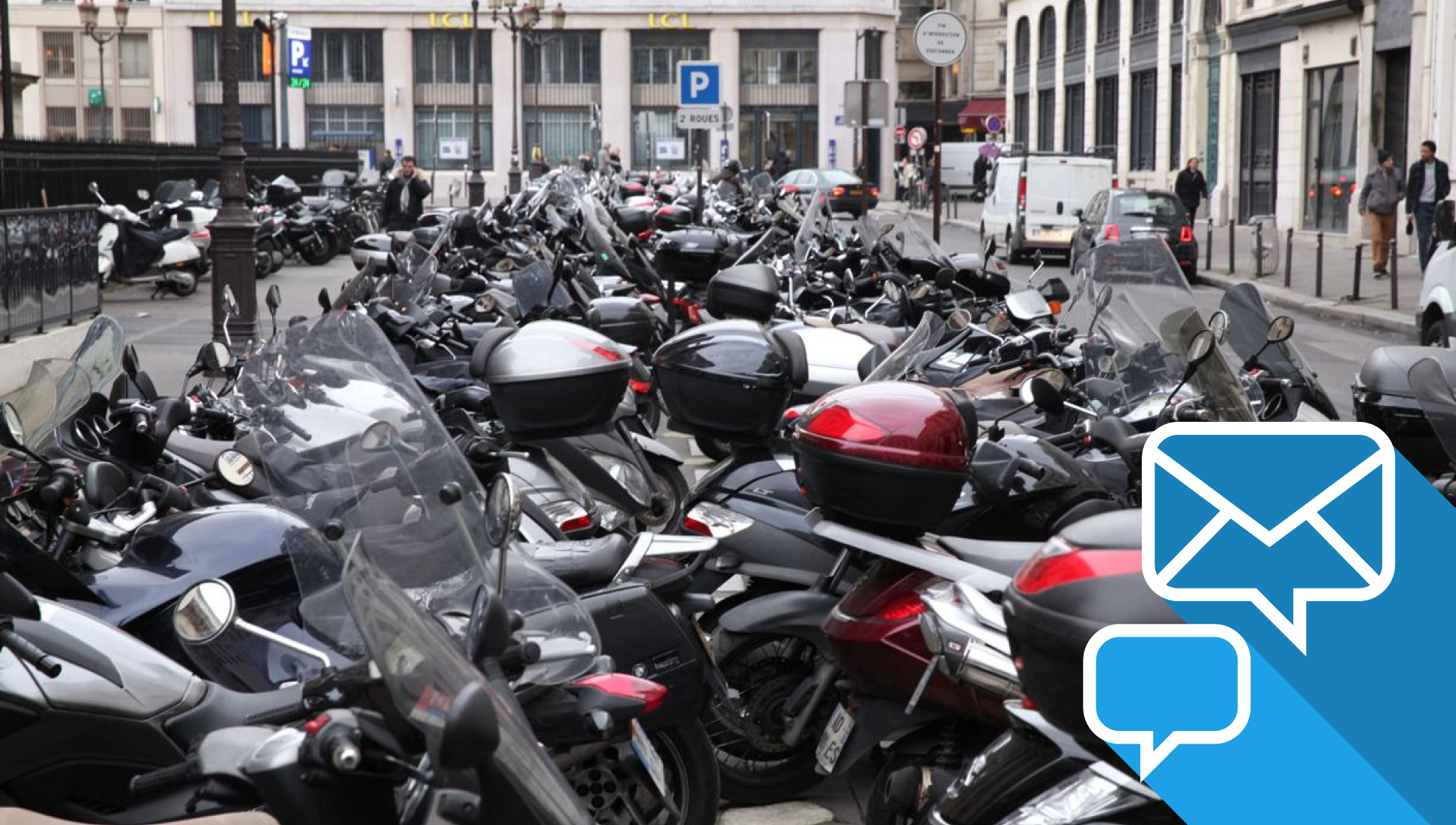Madam Mayor,
Since March 8, a decree has banned the circulation of all non-electric two-wheelers in the pedestrian city center of your municipality, Nantes (Loire-Atlantique), every day from 11:30 am. Delivery scooters, the number of which has increased significantly since the start of the health crisis, were particularly targeted. This decree has generated a rebellion from the drivers of delivery scooters, who have repeatedly expressed their disagreement, but also from several restaurateurs in your town as well as platforms which oppose it. Your municipality had to go through a month of "pedagogy" before starting to draw up fines of 135 euros.
Nantes is not an isolated case: in Montpellier (Hérault), verbalization campaigns have also been put in place since the beginning of the year against food delivery men who decide to circulate in the pedestrian streets, which are nevertheless theirs. prohibited. Several groups of local residents have also been formed to combat the nuisance linked to motorized two-wheelers, as in Saint-Ouen (Seine-Saint-Denis), near the Deliveroo shared kitchen site. In Paris, the City plans to make their parking payable to limit their number, as has already been implemented in Vincennes and Charenton-le-Pont, two municipalities bordering the capital, in Val-de-Marne.
Noise, pollution, non-compliance with the Highway Code and sometimes wild parking on the sidewalks… there are many complaints against scooter drivers. The “Ras le Scoot” collective, which brings together associations of pedestrians, cyclists, environmental protection and public transport users, was created three years ago to highlight and combat these nuisances. It has now formed a national association.
Since September 2020, you have been elected president of France Urbaine, this organization which represents most of the metropolises and large cities of France (Paris, Toulouse, Nice, Rennes, Grenoble, Caen, Angers, Nancy, Reims, etc.).
Its role is to influence various public actors including the State, and communities, but also to encourage, stimulate and or participate in the experimentation of certain systems in the territories of its members.
As such, do you plan to campaign in favor of extending the ban on non-electric scooters in the center of all these large cities and therefore urge your fellow mayors to take a similar decision?
Clearly, could your anti-scooter decree be extended to all major cities in France?
And if so, on the same model as the one you took in Nantes?
The readers of Le Parisien - Today in France are impatiently awaiting your response.
Johanna Rolland's response: "The examples of Nantes, Montpellier and even Nancy open up the debate on the working conditions of delivery men"
Johanna Rolland, mayor (PS) of Nantes (Loire-Atlantique) and president of France Urbaine.
PHOTOPQR / Ocean Press / Olivier Lanrivain
To our question, the mayor PS of Nantes answers bluntly: “Each city has its urban peculiarities, its geography and its history. And each municipal team has its own way of approaching this subject. There is no model to duplicate. »No question therefore for Johanna Rolland to campaign with her colleagues in the big cities of France so that they sign an anti-scooter decree as in Nantes (Loire-Atlantique), to limit the nuisance of two-wheel delivery (prohibition of thermal scooters on the pedestrian zone every day from 11:30 am).
Despite everything, according to her, "the examples of Nantes, Montpellier or even Nancy, which are also different, allow us to open this debate". In particular that of the working conditions of delivery people: "[The platforms] unfortunately did not wish to support their delivery men, faced with a precarious status and the reduction of their remuneration per race," she writes. The challenge today is to mobilize and innovate to allow this service, which clearly meets consumers' expectations, to develop under good conditions combining ecological transition, social justice and quality of life. "
And to cite a virtuous example: “In Nantes, there are platforms that pay delivery people who only travel by bicycle… and it works! To the satisfaction of employees and consumers. It is therefore the question of the working conditions of delivery people from platforms like Uber Eats or Deliveroo, which plunge many of them into precariousness, that we must focus on. These autoentrepreneurs must benefit from a social status, from labor law that protects. "
And to conclude, combative: "It is a national question, we see it besides with the recent decision of Spain
(Editor's note: requalify the delivery men by bicycle into employees)
but also a European subject: it is for that that I wrote to the President of the European Commission and to the President of the European Parliament to ask for their support in this fight for the dignity of workers exposed to unworthy working conditions. "

